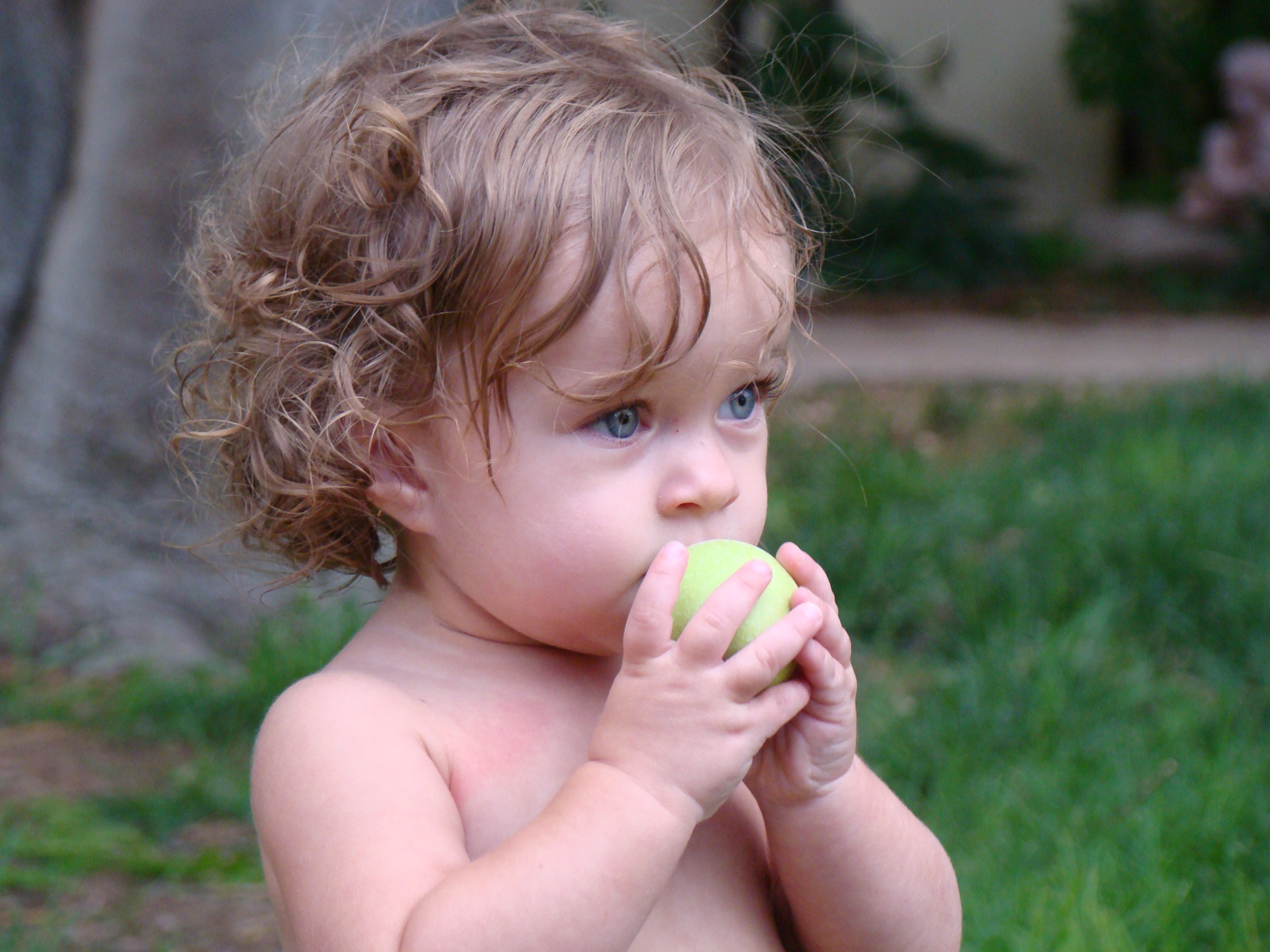About one-third of all divorces occur within the first five years of marriage and those are often the years when people are starting families. There are unique aspects of toddler development (18 months – 3 years) that need to be understood and recognized when couples are divorcing. Follow these guidelines to smooth the transition for your toddler.
Cognitive Development:
Issue: Toddlers have some language skills, but there is much they do not understand
Consider this: they need short, simple phrases to understand and be reassured (e.g.. “Daddy and I don’t live together anymore. We both love you very much and will always take care of you.)
Issue: Toddlers don’t understand the concept of time.
Consider this: You will likely need to repeat yourself and can use a calendar as a tool. “You will see mommy again tomorrow, so tonight we will have dinner, play and go to bed. After you wake up, we will have breakfast and then go to mommy’s house.”
Issue: Toddlers do not understand another person’s point of view, they are only concerned with how their needs will be met. This is age appropriate!
Consider this: There is no need to explain in detail why you are getting divorced. Stick with simple sentences to reassure your child.
Emotional Development:
Issue: Toddlers are very aware of the emotional atmosphere of a house, but do not understand complex adult relationship dynamics.
Consider this: Do not argue in front of your children! Use respectful tones and save heated conversations until your children are out of the home or asleep.
Issue: Throughout this phase, toddlers have a growing awareness of feelings and language.
Consider this: The play of kids at this age will let you know their struggles. Use books and toys to help them with their feelings.
Issue: Toddlers are developing a secure attachment to their primary caregiver as well as the other parent at this age. They may also be interacting with other caregivers.
Consider this: Pay attention to transitions. Give the children enough time to go between locations, make sue they have their lovie and favorite toy in both homes and allow extra time for them to warm up to new adults.
Behavior:
Issue: This is the phase of “NO” and asserting independence (and this behavior may increase with a divorce).
Consider this: Maintain clear and consistent rules in a warm and loving way.
Issue: Divorce can lead some parents to become more strict or move lax.
Consider this: Partner with your ex-spouse to develop only one set of rules so the toddler is not confused.
Issue: Regressive behavior (increased tantrums, clinginess, potty accidents), changes in appetite and sleep are all normal reactions to stress and should be expected during this transition.
Consider this: Maintaining routines will help your toddler adjust and these behaviors should decrease over time with consistent parenting. If you are worried about the frequency, intensity or duration, look into a therapist or ask your pediatrician for suggestions.
These strategies and a lot of patience and planning will help your toddler adjust to the new family arrangements following a divorce.






